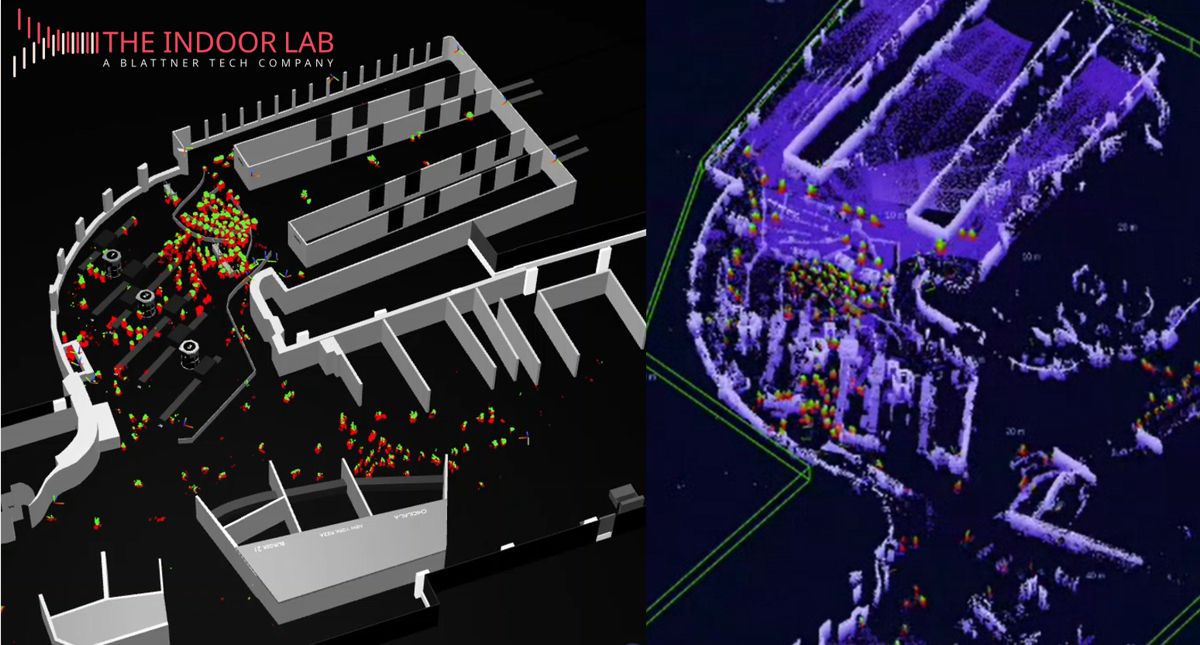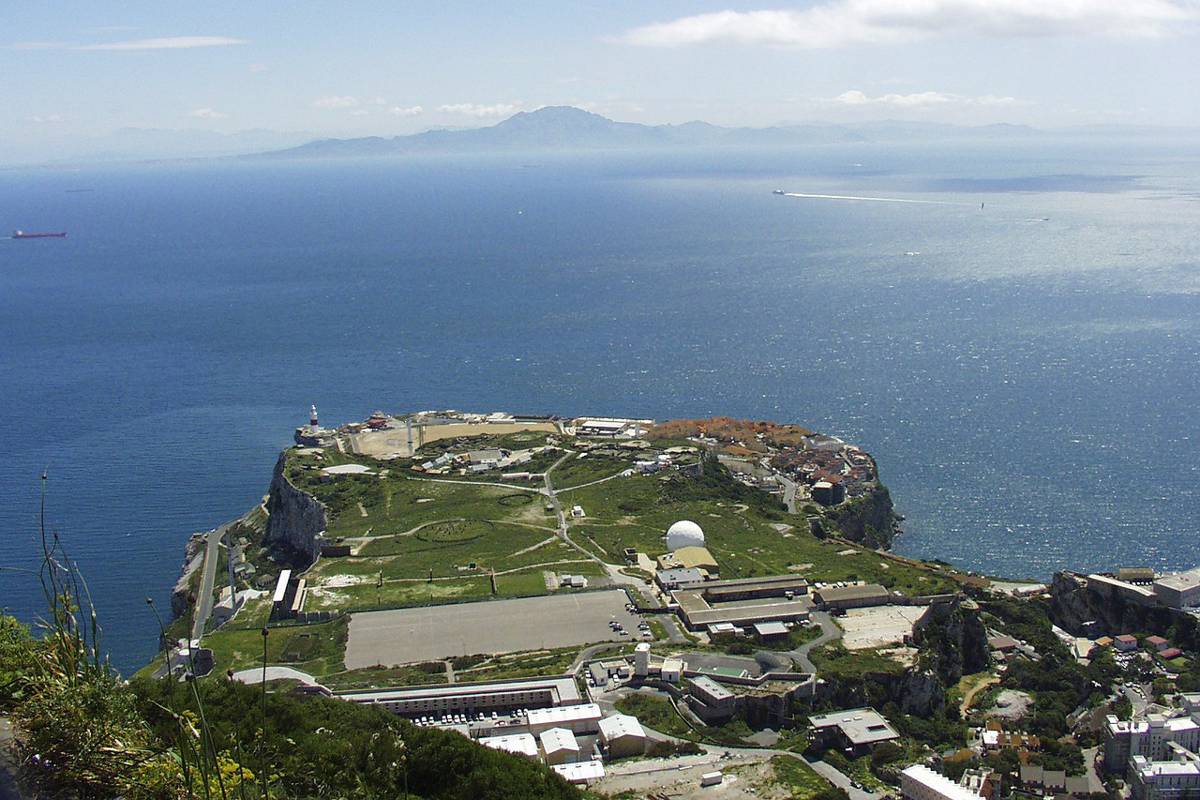Emerging Africa Investment Fund backs expansion at two Madagascar airports
Two airports in Madagascar are to have their runways, passenger terminal facilities and allied infrastructure upgraded and expanded in a EUR 215 million project being supported by the Emerging Africa Infrastructure Fund (EAIF / the Fund). The Fund is providing senior debt of EUR 25 million over a 16-year term.
“The Madagascar airports projects represent a step change for the country’s economic development drive,” says EAIF Chairman, David White. “Efficient and modern airports are one of the foundation elements of progress. They are significant employers in their own right and catalysts for growth in almost every sector of an economy. In Ravinala Airports we have a highly skilled, globally experienced and strongly motivated private sector airport operator. This is very good news for Madagascar.”
EAIF is member of the Private Infrastructure Development Group (PIDG). Seven governments (and The World Bank) currently contribute funds to PIDG. In the case of EAIF, support comes from the governments of the UK, The Netherlands, Sweden and Switzerland, as well as private sector banks, the German development finance institution, KfW and its Dutch equivalent, FMO.
First airport infrastructure project for Emerging Africa Infrastructure Fund “A step change for Madagascar’s economic development drive”, says EAIF chairman.
In 2015, as part of its economic reforms programme, the Malagasy government awarded a 28-year management concession that saw Ravinala Airports take over the running of Antananarivo Airport which serves the country’s capital, Antananarivo, and Nosy Be Airport in the north of the country. One of the concession agreement’s key features is upgrade programmes for both airports.
Passenger handling capacity will more than double at Antananarivo Airport. Its runway is to be reinforced and resurfaced, giving the airport the ability to take wide-bodied aircraft. Terminal and runway works are also central to the improvements at Nosy Be Airport. Nosy Be is one of the country’s most used tourism airports. Its capacity will rise to accommodate 500,000 passengers a year. Ravinala will be marketing the airport to airlines and tourism operators worldwide.
Ravinala Airports is a Madagascar registered company owned by Meridiam, an independent investment firm specialising in the development, financing, and management of long-term and sustainable public infrastructure projects; Aeroports de Paris Management, which operates 40 airports worldwide, Bouygues Batiment International, the global major infrastructure business and Colas Madagascar. Colas is an infrastructure construction and maintenance business operating in 50 countries and has 60 years of experience working in Madagascar.
Madagascar, the world’s fourth largest island, has a population of 24 million people, 60% of whom are under the age of 25. GDP per head is around US$1500. More than 75% of the population lives below the poverty line, making it one of the very poorest countries in the world. It experienced considerable unrest following a coup in 2009, though a democratic election in 2013 has improved the political position and the economy. Madagascar recorded growth of 4% in 2016.
Among the direct benefits of the project will be construction employment for locally engaged people, growth in the numbers permanently employed at the airport by its operator and in areas like retail. The project is expected to deliver EUR61 million in taxes to the Malagasy government.
EAIF is manged by Investec Asset Management (IAM), one of the largest third-party investors in private equity, credit, public equity and sovereign debt across the African continent.
Nazmeera Moola is Head of EAIF at Investec Asset Management. She says, “This is the first airport infrastructure project EAIF has supported and one of the most significant in terms of macro and micro economic development. Madagascar’s ability to compete globally, particularly in tourism and trade markets, will be boosted, as will its internal trade potential.”
The Emerging Africa Infrastructure Fund provides a variety of debt products to infrastructure projects promoted mainly by private sector businesses in sub-Saharan Africa. Established and substantially funded by the governments of The Netherlands, Switzerland, Sweden and the United Kingdom, and with debt provided by the German development finance institution, KfW and its Dutch equivalent, FMO, the Fund works with private sector businesses, African and European banks and other development funds and agencies. It helps create the infrastructure framework that is essential to sustained economic stability, business confidence, job creation and poverty reduction. It has to date supported nearly 60 infrastructure projects across eight sectors in 20 sub-Saharan African countries
The Private Infrastructure Development Group (PIDG) encourages and mobilises private investment in infrastructure in the frontier markets of sub-Saharan Africa, south and south-east Asia, to help promote economic development and combat poverty. Since 2002, PIDG has supported 133 infrastructure projects to financial close and provided 265 million people with access to new or improved infrastructure. PIDG is funded by donors from seven countries (UK, Switzerland, Australia, Norway, Sweden, Netherlands, Germany) and the World Bank Group.
Investec Asset Management is an independently managed subsidiary of Investec Group. Investec Asset Management is a specialist investment manager, providing a premier range of products to institutional and individual investors. Established in 1991, the firm has been built from start-up into an international business managing more than $119bn* on behalf of third party clients. The business has grown largely organically from domestic roots in Southern Africa to a position where we proudly serve a growing international client base from the Americas, the UK and Continental Europe, Asia, the Middle East, Australia and Africa. The firm seeks to create a profitable partnership between clients, shareholders and employees, and to exceed expectations for both client service and performance.
















